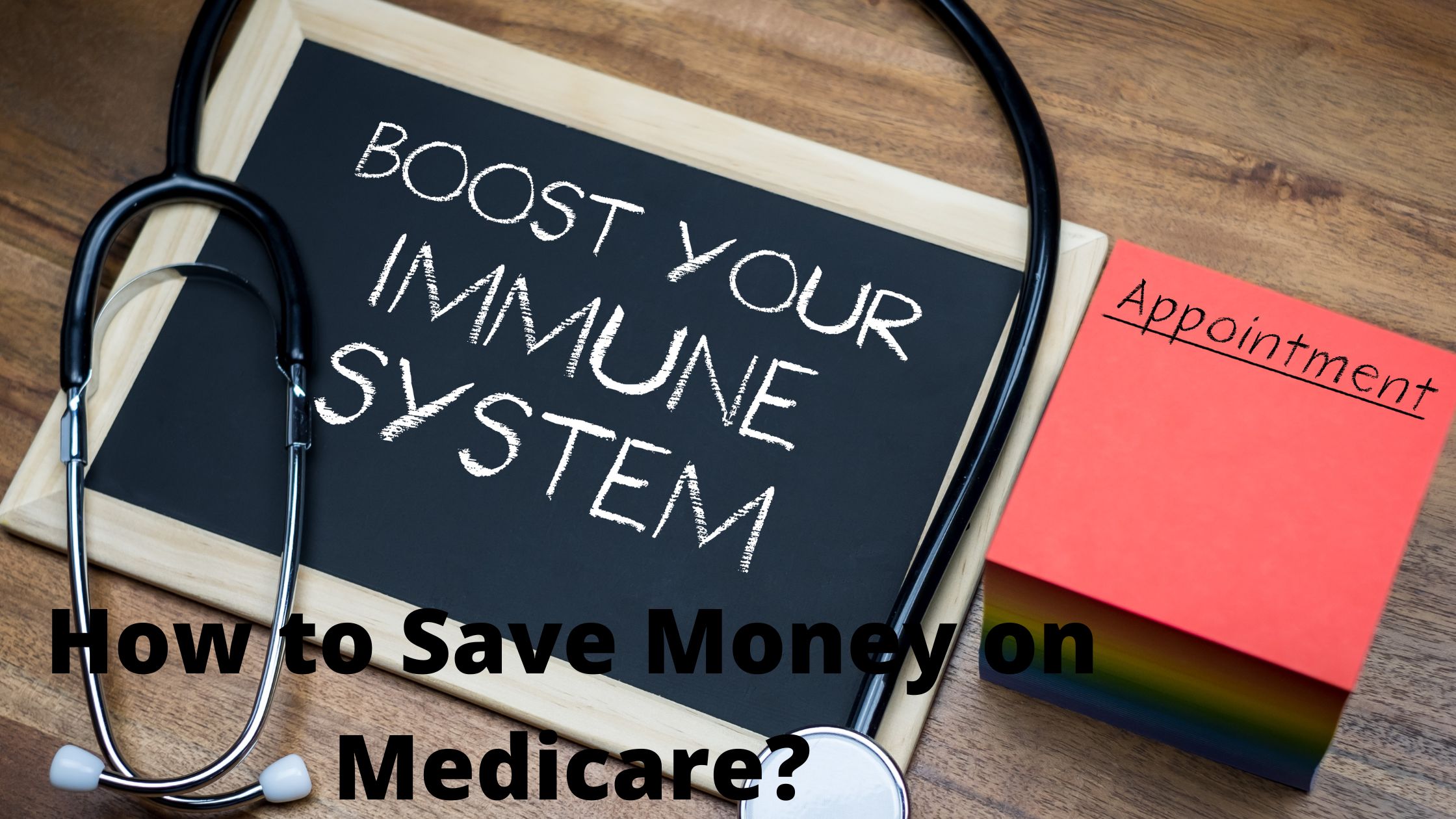Medicare is a government-sponsored healthcare program that provides coverage to people age 65 and older, as well as those with certain disabilities. Over the years, Medicare has become one of the most important social programs in the United States, providing healthcare coverage for over 50 million Americans.
What is Medicare?
Medicare is a government-run health insurance program for people aged 65 or older and those with disabilities. It provides coverage for hospitalization, doctor visits, prescription drugs, and other health services. Medicare also pays for long-term care services, such as nursing home care.
Medicare was created in 1965 as part of the Social Security Act. At that time, it provided coverage only for people who were age 65 or older. In 2007, the program began providing coverage for people with disabilities. Today, there are more than 50 million people enrolled in Medicare.
The primary goal of Medicare is to ensure that seniors and people with disabilities have access to affordable health care. The program does this by paying doctors and hospitals directly. This saves participants money because they don’t have to pay out-of-pocket expenses like doctor fees and hospital bills.
Medicare also has financial incentives built into it to encourage Americans to enroll in the program. For example, if you are a Medicare beneficiary and you switch to a private health insurance plan, the government will refund some of the money you paid out-of-pocket on your old policy. In addition, if you stay enrolled in Medicare until you
What are its Benefits?
Medicare is a federally sponsored health insurance program in the United States for people aged 65 and over, and for people with certain disabilities. As of 2017, Medicare covers about 58% of all healthcare costs for Americans aged 65 and over, while private insurance covers the remaining 42%. Medicare also provides Medicaid coverage for people with low income.
The primary purpose of Medicare is to help seniors maintain their independence and live as comfortably as possible in their retirement years. The program offers comprehensive benefits, including hospitalization, doctor visits, prescription drugs, and home health care. The cost of Medicare premiums, copays, and deductibles varies depending on the age and location of the beneficiary.
In addition to its benefits for seniors, Medicare also plays an important role in financing healthcare for people with disabilities. About one-third of all beneficiaries are covered by the program because they have a disability that prevents them from working or providing substantial self-support.
Overall, Medicare is a valuable program that helps millions of Americans stay healthy and Independent in their retirement years.
The Dangers of Medicare
One of the most common myths about Medicare is that it is a guaranteed pension plan for seniors. In reality, Medicare is a program that provides healthcare coverage for people age 65 and older. However, there are a number of ways that you can lose your Medicare coverage if you don’t take care of it.
If you’re not yet 65 years old, you may not be eligible for Medicare. If you’re already 65 years old, but have retired or are in the early stages of retirement, your coverage may be limited. Furthermore, you may lose your Medicare coverage if you start receiving benefits from a private insurance plan or if you stop working and become completely inactive. Finally, if you have an income above certain limits, you may no longer be eligible for Medicare even if you are still age 65 or older.
There are also several important factors to keep in mind when it comes to Medicare. First and foremost, remember that Medicare does not cover all types of medical expenses. In fact, it only covers prescription drugs, hospital services, and some types of doctor fees. You will need to purchase supplemental insurance policies to cover other costs such as eyeglasses or dental work.
Additionally, be
How to Save Money on Medicare?
If you’re like most people, you’re probably thinking about ways to save money on your Medicare health insurance. Here are a few tips to get started:
1. Review your coverage. While Medicare offers a variety of benefits, some may not be necessary or might not fit your needs. Check with a Medicare advisor to see if there are specific benefits you could eliminate or reduce to save on premiums and monthly premiums.
2. Consider changing your coverage type. If you have Medicare Part A, which covers hospitalization, you may want to consider switching to Part B, which covers outpatient care. Alternatively, you might want to consider purchasing a Medigap policy that will cover some of the costs not covered by Medicare Part A or B.
3. Evaluate your prescription drug costs. Many people don’t realize that they can save money on their prescription drugs through Medicare Part D by using a prescription discount card or by negotiating prices with the pharmacist. You may also be able to find discounts through organizations like the Senior Citizens Insurance Pool (SCIP).
4. Consider undergoing preventive care services at a lower cost through Medicare Part D or Medicaid. Preventive care includes screenings for things like cancer and

